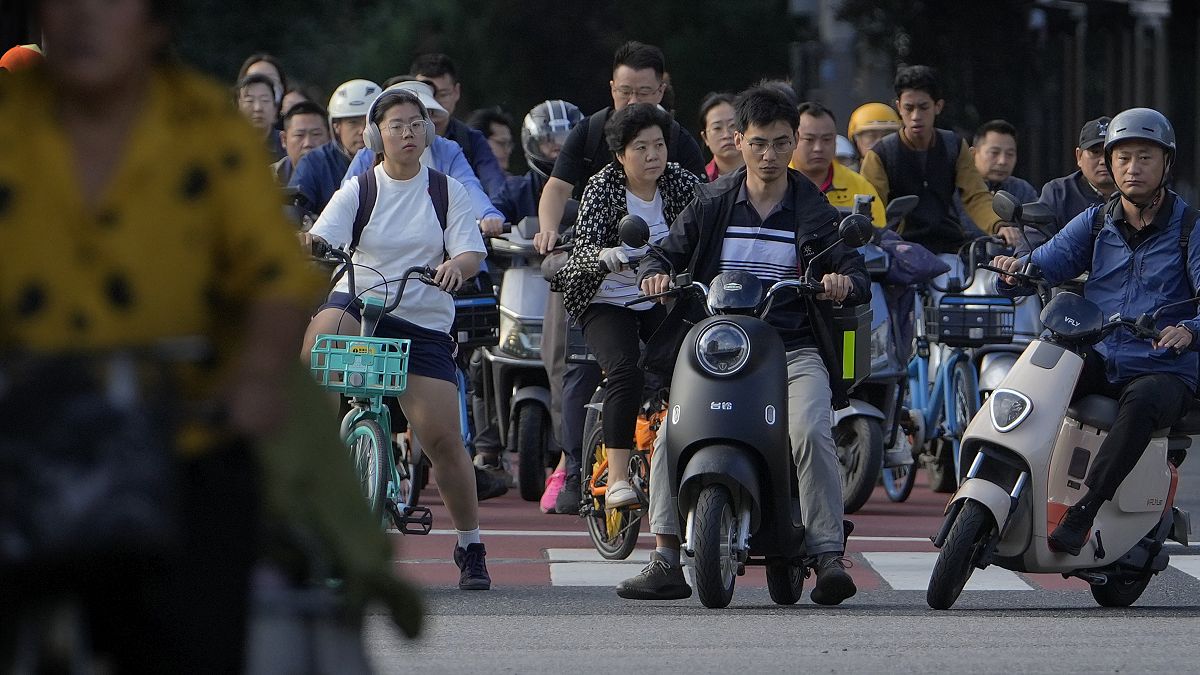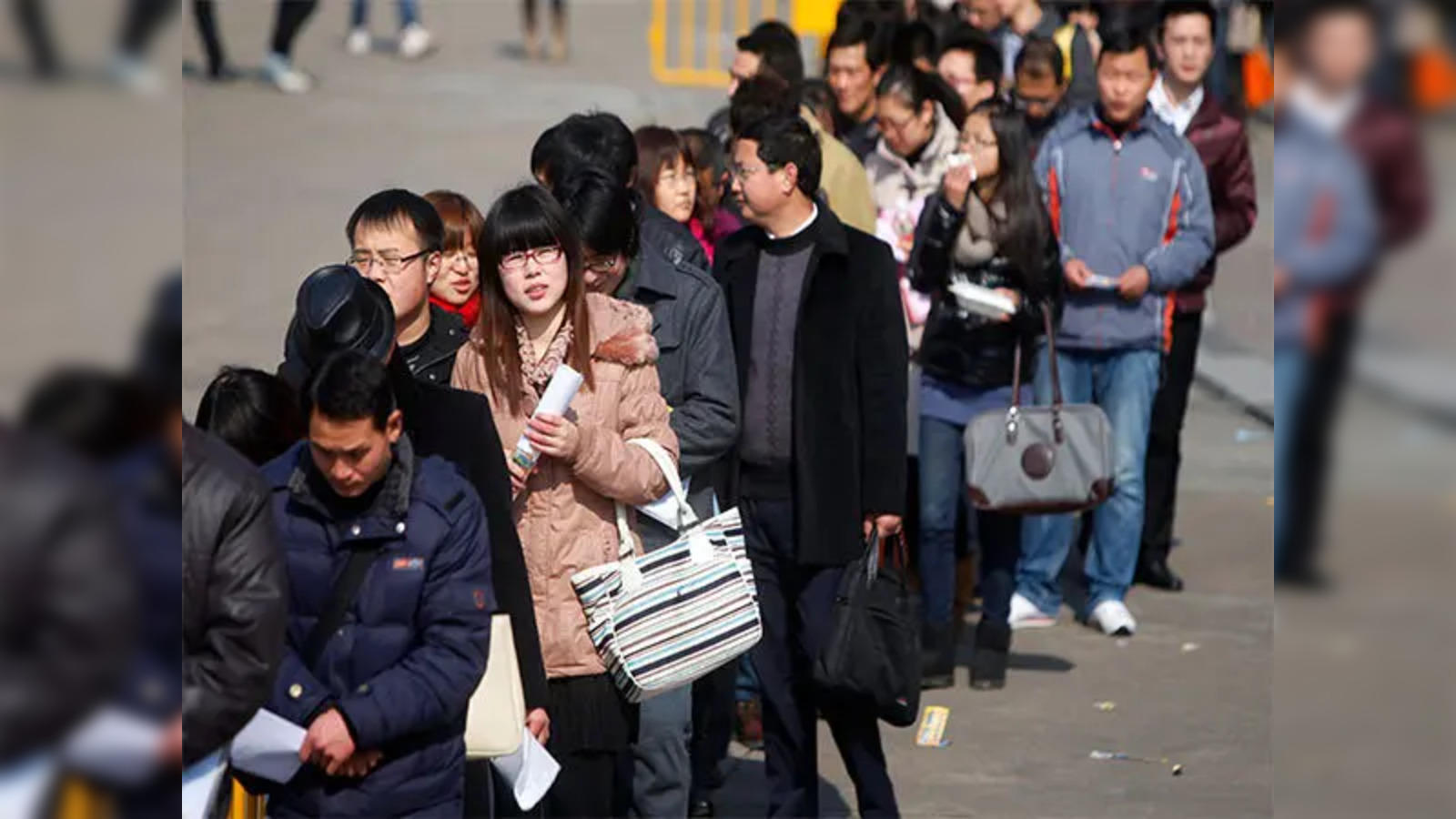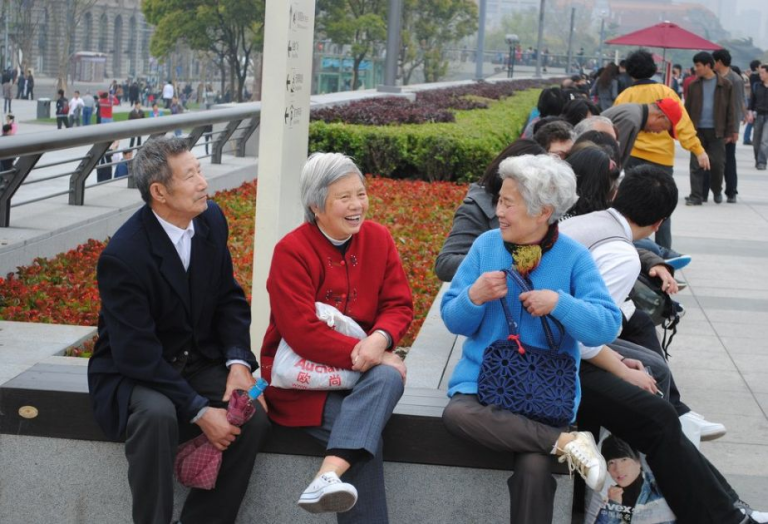China Raise Retirement Age Beyond 50

In a significant policy shift, China has announced plans to raise the retirement age for the first time since the 1950s. This move comes as the country grapples with an aging population and a shrinking workforce, which pose serious challenges to its pension system and economic stability. Here’s everything you need to know about this major change.
The New Retirement Age Policy
Starting January 1, 2025, China will gradually increase the retirement age over a period of 15 years. The new policy will see the retirement age for men rise from 60 to 63. For women, the retirement age will be raised from 50 to 55 for those in blue-collar jobs and also from 55 to 58 for those in white-collar positions123.
Reasons Behind the Change
- Aging Population: China’s population is aging rapidly. By 2040, nearly a third of the population, about 402 million people, will be over the age of 601.
- Also Shrinking Workforce: The working-age population is declining, which puts pressure on the pension system and the economy. The number of people entering retirement is increasing, while the number of workers contributing to the pension system is decreasing2.
- Pension System Sustainability: The Chinese Academy of Social Sciences has warned that the country’s main state pension fund could also run out of money by 2035 without significant reforms1.

Implementation and Impact
The policy will be implemented gradually, with retirement ages being raised every few months based on people’s birthdates. This phased approach aims to minimize disruption and also allow workers and employers to adjust to the new rules12.
Public Reaction
The announcement has sparked mixed reactions among the Chinese public. Some people are concerned about the impact on their retirement plans and financial security, while others see it as a necessary step to ensure the sustainability of the pension system1. Social media platforms like Weibo have also seen a range of responses, from skepticism to acceptance1.

Global Context
China’s current retirement ages are among the lowest in the world. In many European countries, men retire at 65 or 67, while women retire at 60. The new policy aligns China more closely with global standards and also reflects broader demographic trends1.
China’s decision to raise the retirement age is a significant step in addressing the challenges posed. By an aging population and also a shrinking workforce. While the policy may be met with resistance, it is a crucial move to ensure. The long-term sustainability of the country’s pension.


